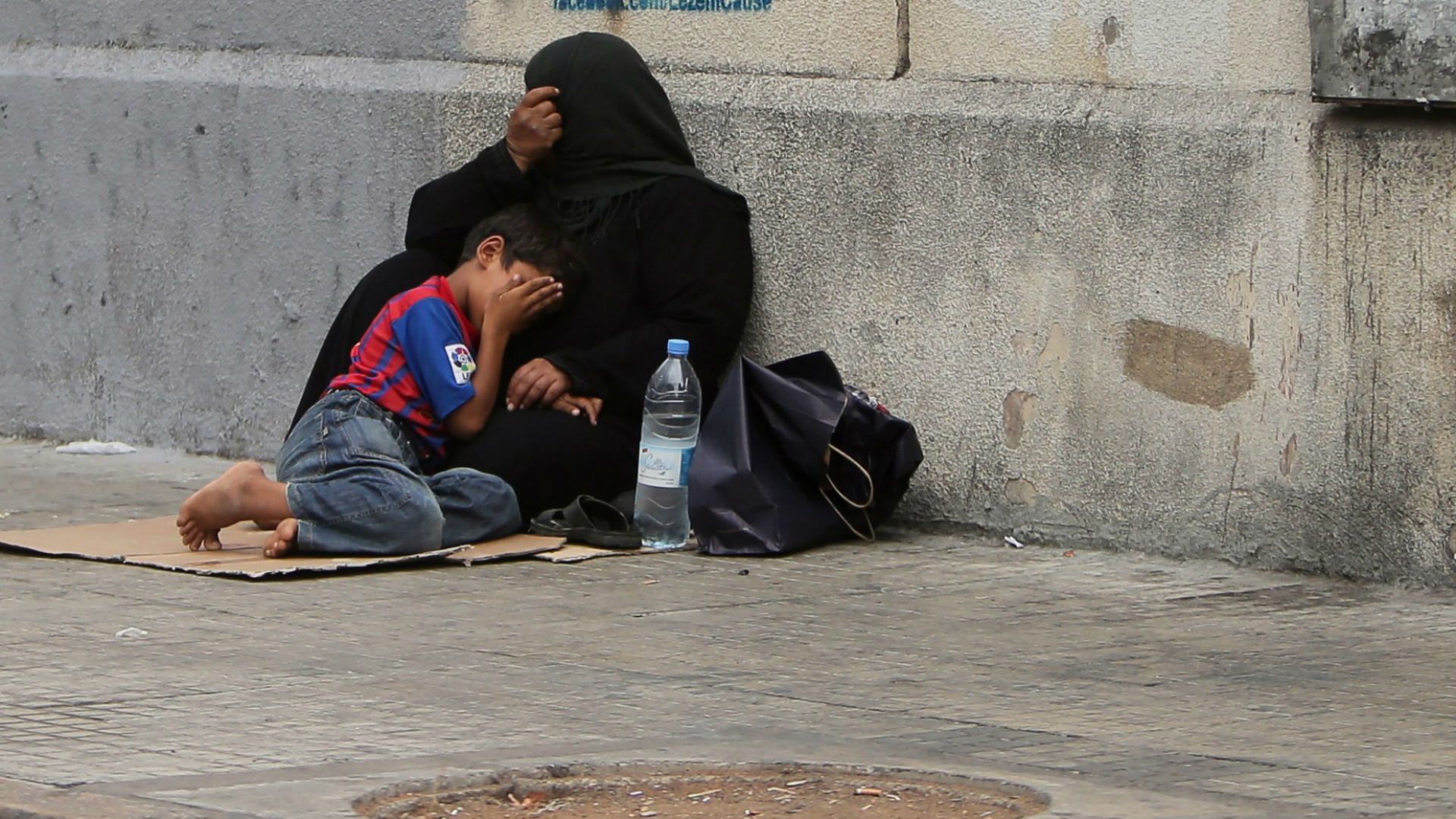The Access Center for Human Rights (ACHR) has released a report titled “What Happens After the Deportation of Refugees from Lebanon: Exposing the Forced Deportation of Syrian Refugees and their Handover to Syrian Authorities.”
ACHR, which has been following up on ongoing human rights violations, also released a report last year tracking the realities of refugees in light of the recurrent security campaigns against them, in addition to documenting the crimes of kidnapping and human trafficking which follow forced deportation.
The Numbers
Between the beginning of 2023 and December 30, ACHR was able to document 1080 arbitrary arrests, 763 of which were forcibly deported to Syria.
As such, the number of arbitrary arrests documented by ACHR has worryingly risen from 281 arrests in 2022, to a whopping 1080 in 2023. The same can be said about the number of forced deportations, rising from 154 deportations to a shocking 763.
The Lebanese Army, more than any other official authority, has executed more than three quarters of instances, arresting 792 individuals, with the Lebanese Army Intelligence in close second with the number of arrests reaching 223 individuals. Other major authorities included the General Security and the State Security Branch.
Concerning the areas used for cross-border forced deportation, the two most notable were the Al-Masnaa crossing, hosting 441 instances of forced deportation, and the Wadi Khaled crossing, hosting 303 instances. At both crossings, the receiving party in Syria was the Syrian Army’s Fourth Division, notorious for its use of brutal violence and linked to regionwide drug trade cartels.
The Testimonies
A major part of ACHR’s report was dedicated to a series of testimonies recounting the experiences of Syrians in Lebanon, enumerating a number of events and human rights violations.
The testimonies included experiences of sexual harassment during detention and inspection, beating and torture, the arrest of children, detention with minimal access to food and water, forcible disappearance, psychological damage and an overall dismal situation.
The testimonies also included a case where individuals had their papers held by General Security with no proof, leaving the victims without a justification or a suggestion of what “crime” they could have committed.
Contents
The report goes on to pinpoint and clarify several issues. It briefly outlines the legal framework regarding human rights violations, before it goes on to challenge the claims of “voluntary return” and the notion of a “safe Syria.”
These notions have become widely circulated across traditional Lebanese political circles and mainstream media as an excuse to promote racist and bigotry against Syrian refugees, who various members of the Lebanese public perceive to be a “burden” the Lebanese state cannot handle.
Afterwards, it goes into detail on the implication of Syrian officers and doubts over Lebanese Army coordination, exploring the relationship between the Syrian Fourth Division and human smugglers.
Throughout the report, ACHR presents an overview of the socioeconomic and mental conditions of Syrians impacted by such arrest and deportation campaigns and of Syrians in poverty overall.
Crucially, it dedicates a substantial section for recommendations, many of which are addressed to the Lebanese government. These recommendations include conducting investigations into some members of the Lebanese Army involved in human trafficking circles, ensuring domestic laws and policies are in line with international law, ceasing forced returns to Syria and many others.
It also lists a series of recommendations to the United Nations High Commissioner for Refugees (UNHCR) and the international community and donor countries, many of whom have become increasingly involved in the issue of Syrian influxes and have been subject to blackmailing by traditional Lebanese politicians and political groups.


